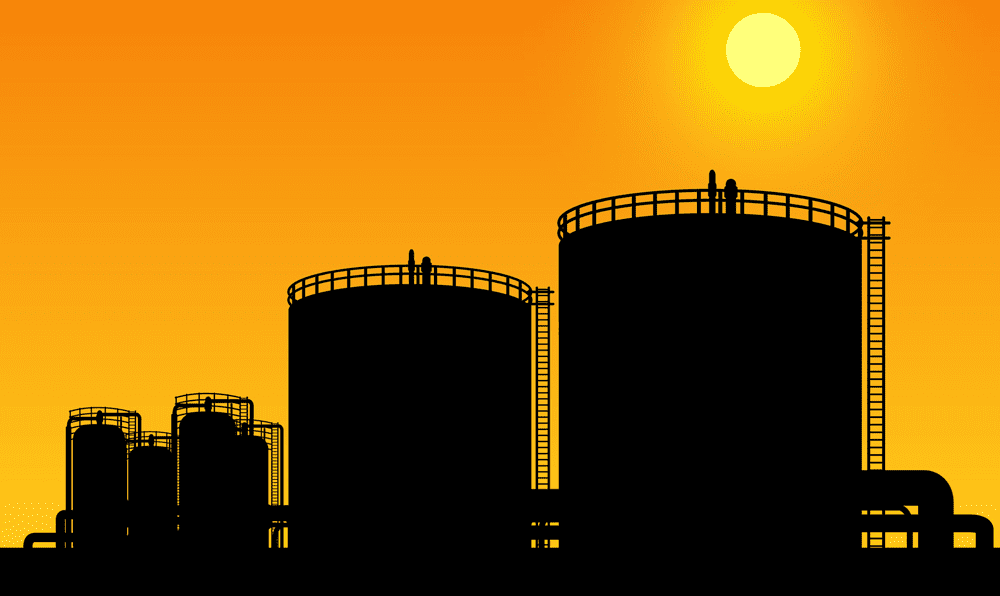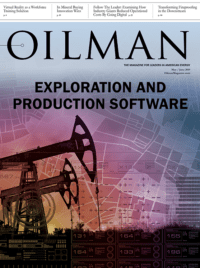The topic of oil conservation, protection, and storage has become a prevalent area of interest in the oil and gas industry. With more companies looking for ways to store oil properly and safely and avoid the ever-present risk of tank explosions, the demand for oil and gas technology and solutions has increased.
As such, oil and gas software companies have been on the forefront of this demand, developing new ways to help clients store gas, improve their operations, and save on expenses associated with poor storage and protection. Abshier Energy, a woman-led oilfield and lightning protection company, provides innovative software and equipment to companies looking to improve the safety of their operations and efficiently protect their biggest assets. Through their innovative solutions and diverse range of equipment, Abshier is striving to not only improve the state of oil and gas companies, but also the state of the industry and the environment. Susan Snyder, President of Abshier Energy, shared her thoughts on how innovative thinking and solutions can go a long way in a traditional industry that is ready for change.
Speaking on Abshier’s mission and goals for the oil and gas industry, Snyder stated how they want to change the conversation from cost-driven justification of safety-related installations and focus the conversation on the application, quality control, and quality assurance of the installations that limit the risk of an unplanned discharge of static or lightning on or at a hydrocarbon generating site. She further explained that an unplanned discharge could create catastrophic environmental issues or loss of human life and thus, safety is the primary goal.
Snyder shared how Abshier’s technology and solutions so far have helped improve the operations of oil and gas companies. She explained that through their reliability-focused installations and industry-consensus standards, they consistently challenge the market. Snyder explained the key differences that make Abshier and their products stand out from other oil and gas competitors saying, “We strive to be unique, quality centric and not focused on the dollar, but focused on the customer and our employee’s needs.”
Being the president of a diverse, women-owned company, Snyder reflected on the difficulties she faced marketing Abshier’s oil and gas solutions and equipment in a generally traditional industry. She expressed “we’ve generally faced the same issues that other [minority] companies face, although it is a little disappointing to see that companies don’t take full advantage of diverse spending.”
When asked what technologies or solutions Abshier is currently working on, Snyder explained that they are currently taking steps to educate customers on the application, use, and employment of their unique protection systems.
In regards to oil protection and spill prevention, Snyder gave her perspective on the oil storage tank explosion that occurred in the Houston area. Asked what the oil and gas industry can do to minimize such risks, she expressed the importance of having procedures in place. “Documenting what you do, how you do it and qualifying those who interact with hazardous substances and processes are a must,” stated Snyder.
In addition, Snyder described the type of solutions Abshier provides to clients to prevent such oil tank explosions. She stated that they provide static grounding, equipment grounding, system bonding as well as full testing to make sure that the installations are safe to operate and suitable for long term operation. “Maintenance is also a key factor that has to be added for an overall effective safety program,” Snyder further explained.
Snyder was asked about future innovations and developments she’d like to see created in the future within the company itself or the industry overall. “Abshier Energy would like to see an industry evolution where justification of costs are squarely focused on safety and reliability from day to day operations of oil facilities,” Snyder shared. Per their own future goals, she stated how they would like to lead the industry to understand the impacts that static/lightning protection can have to the long-term survivability of oil and gas related process systems/equipment. “We understand life cycle costs of oil and gas related equipment and can help justify the longevity of these systems/components with a qualified maintenance plan/program,” Snyder further explained.
Snyder expressed how there must be a mentality shift about how we install, operate and maintain our equipment and systems. “Equipment costs are increasing significantly by the day, disasters aren’t cheap, bad PR is not good, and qualified manpower is not getting cheaper. Planning, documenting, and qualifying is a must,” stated Snyder.
Tonae’ Hamilton has been a contributor and associate editor to the magazine for two years. She has been writing professionally for almost four years. In her free time, Tonae’ likes to spend time with her three pets, cook, and binge-watch Netflix shows. Tonae' has a Bachelor of Arts in Communication from McDaniel College.










